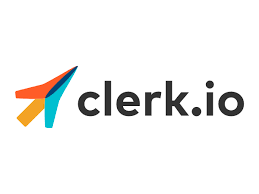Defence magazine: Afghan interpreters under threat
Afghan interpreters who work for the Danish forces are in grave danger, according to the Danish defence magazine, Flyvevåbnet. In an article from 2011, named 'Med livet som indsats' ('With life at stake'), several interpreters said that they risk being killed when the Danish forces withdraw from Afghanistan. The magazine writes that “due to the risk of staying [in Afghanistan], the interpreters hope to move to another country”. Defence minister Nick Hækkerup (Socialdemokraterne) has thus far denied giving Afghan interpreters asylum. – Jyllands-Posten
Explosion in smartphone theft
More than 20 smartphones are stolen in Copenhagen every day, a 50 percent rise in just a year, according to a new report. The report, from the Copenhagen Police, showed that 7,749 smartphones were stolen in Copenhagen in 2012, up from 4,961 in 2011 and just 363 in 2009. The police said that part of the rise was due to the rapid increase of people who own smartphones, but also that it has become easier for professional thieves and pick pockets to spot the phones because people are constantly flashing them. – metroXpress
'Usefulness' jobs scare off unemployed
The country’s councils are saving millions of kroner by demanding that people on unemployment benefits take activation nyttejobs (usefulness jobs) which often involve tasks such as cleaning parks or gardening for the elderly. Politiken newspaper’s investigation into activation projects in 14 councils showed that between 10 and 35 percent of people chose to withdraw from the unemployment benefit scheme rather than accept a nyttejob. As part of their unemployment benefits reform, the government is putting a strong emphasis on activating people via nyttejobs. – Politiken
New solar cell owners wait years to benefit
New solar cell owners have to wait years in order to receive payment for the extra energy they sell because of a lack of EU approval. The money that is supposed to be paid out by Energy.net is considered to be state support and must be EU-approved, something that takes time. The state energy authority, Energistyrelsen, said that it was standard practise, while the solar cell sector called it a political gaff that results in people not daring to invest in solar panels. Denmark's 2020 goal is to produce 700mw of solar energy. – Ingeniøren















